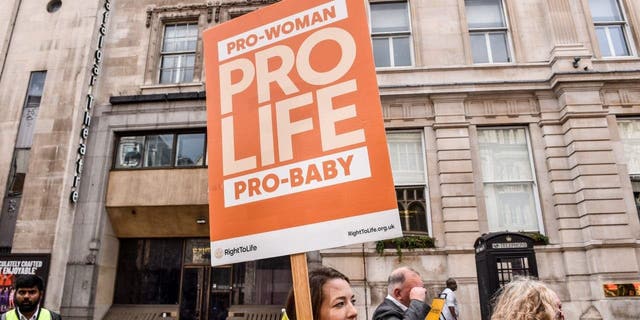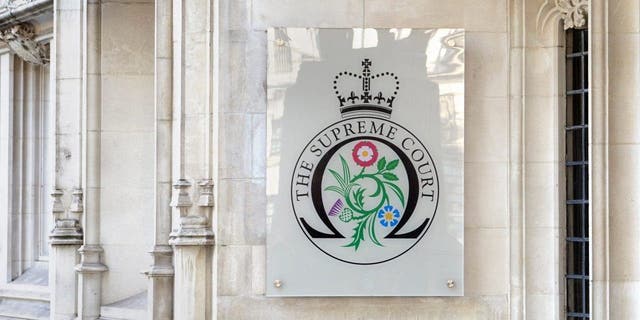UK high court rules pro-life demonstrations can be banned from perimeter of abortion clinics
The Supreme Court of the United Kingdom has ruled it legal to ban pro-life demonstrations and advocacy from the perimeter of abortion clinics.
The Abortion Services (Safe Access Zones) Northern Ireland Bill would legalize “buffer” zones around abortion clinics that would prohibit the presence of pro-life groups or demonstrators within 328 feet of an abortion provider.
The Supreme Court upheld the law as “justifiable” and not in conflict with the nation’s constitution, nor the European Convention on Human Rights.
PRO-LIFERS OUTRAGES AS ASSOCIATED PRESS REJECTS ‘FETAL HEARTBEAT,’ ‘LATE-TERM ABORTION’ AS VALID TERMS
Green Party leader Clare Bailey introduced the bill in September of last year. It was approved on Mar. 24 by the Northern Ireland Assembly.
Attorney General of Northern Ireland Brenda King referred the bill to the Supreme Court over concerns that the bill’s extensive perimeter of area outlawing pro-life rhetoric could violate the European Convention on Human Rights’ protections for freedom of expression.
INDIANA JUDGE RULES PROBE OVER 10-YEAR-OLD’S ABORTION CAN CONTINUE

The law prohibits both “direct” and “indirect” influence by pro-life groups, which includes not only pamphleteering, but also silent demonstration and prayer.
“Peaceful presence, mere conversation, quiet or silent prayer — these activities should never be criminalized in a democratic society like the U.K.,” said Alliance Defending Freedom legal counsel Jeremiah Igunnubole.

“Northern Ireland’s broadly drafted law hands arbitrary power to police officers, with the inevitable consequence being the unjust arrest and prosecution of those expressing pro-life views, even though such views are protected under domestic and international human rights law,” Igunnubole added.
Green Party member Gillian Mackay intends to introduce parallel legislation in the Scottish Parliament.
Read the full article Here


